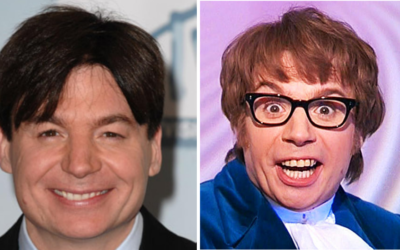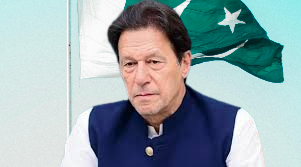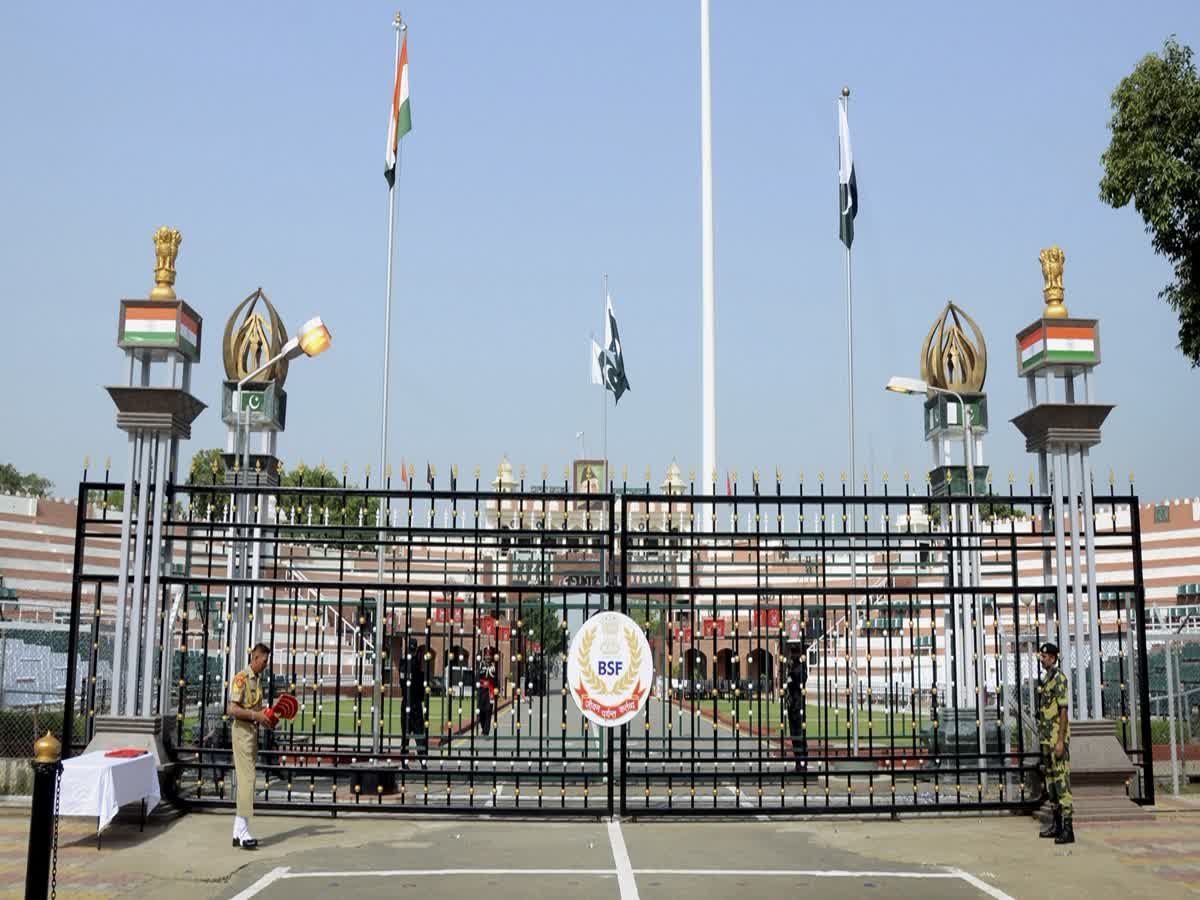‘Even more formidable’: Trump tests presidential boundaries in his first 100 days
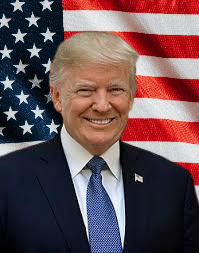
Trump is motivated by a lingering sense of grievance stemming from his tumultuous first term, which culminated in the Capitol riots of 2021
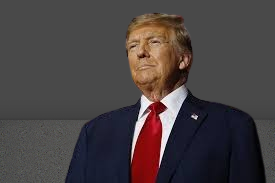
1.Trump expands US presidential authority to near-imperial levels.
2.Political historian remarks, ‘Trump 2.0 is even more authoritarian than Trump 1.0.’
3.The US president launches an unprecedented attack on the global order.
With Donald Trump back in the White House, it’s hard to predict what will happen next.
Will he criticize a foreign leader? Disturb global markets? Seek retribution against his adversaries? Amid the turmoil of his initial 100 days, one thing remains clear: Trump is expanding the powers of the U.S. presidency to near-imperial levels. “I believe the second term is just more powerful,” the 78-year-old Republican remarked at a recent event.
“When I say to do something, they do it, right?” Trump’s actions are fueled by lingering grievances from a tumultuous first term that culminated in the disgrace of the January 2021 Capitol riots following his defeat by Joe Biden.
Upon his return to office, Trump released hundreds of those involved in the attacks from jail, yet he shows no mercy when it comes to strengthening the authority of the White House.
“Trump 2.0 exhibits a far more authoritarian mindset and conducts itself in a more authoritarian manner than Trump 1.0,” stated political historian Matt Dallek of George Washington University in an interview with AFP.
Additionally, Trump has intensified the feel of an ongoing reality show, positioning himself as the central figure as he frequently signs executive orders and responds to reporters’ questions from the Oval Office.
This barrage of executive orders has resulted in an unprecedented assault on the foundations of American democracy and the global order. “We haven’t witnessed such a prolonged effort to undermine constitutional protections in modern times,” Dallek concluded.
Bold
With the controversial backing of Elon Musk, the world’s wealthiest individual, Trump has embarked on a campaign to dismantle a federal government he views as part of a liberal “deep state.”
He has invoked a long-standing wartime law to deport migrants to a massive prison in El Salvador, warning that American citizens could be next on the list. Trump has taken a stand against judges and imposed harsh agreements on law firms involved in past criminal or civil cases against him.
He has intensified his crackdown on the media, which he continues to label as the “enemy of the people,” restricting access to news organizations that cover him from the White House.
Additionally, he has initiated an ideological purge by eliminating diversity programs, targeting universities, and even appointing himself as head of a notable arts center.
The US Congress, traditionally responsible for controlling government finances, has been sidelined. Republicans have enabled his power grab, while beleaguered Democrats have found it difficult to respond. “We are all afraid,” stated Republican Senator Lisa Murkowski recently.
“The president seems indifferent to formal, even constitutional, checks on his authority,” commented Barbara Trish, a political science professor at Grinnell College. On the international front, Trump has made bold territorial claims over Greenland, Panama, and Canada, asserting an area of influence that mirrors Russian President Vladimir Putin’s expansionist tendencies.
Meanwhile, Trump is supported by a circle of loyal followers. Aides with often fringe views, such as vaccine-skeptical health secretary Robert Kennedy, take turns lauding him during cabinet meetings. “Compared to his first term, the president has surrounded himself with aides who not only enable but, in some cases, amplify his audacious power plays,” Trish added.
Trump’s resurgence has brought to light some recurring themes. As he wraps up his first three months, his approval ratings are significantly lower than those of all other post-World War II presidents, except for his own first term, according to Gallup.
There are indications that the unpredictable leader the world witnessed from 2017 to 2021 has returned. His dramatic outburst in the Oval Office during a meeting with Ukrainian President Volodymyr Zelensky — supported by a hawkish Vice President JD Vance — raised alarm among allies who were already anxious about his shift toward Russia.
Additionally, he introduced broad global tariffs, only to reverse many of them after they caused a downturn in global markets, which ultimately appeared to be the only real limitation on his authority.
When asked about his decision-making process regarding the tariffs, Trump replied, “Just instinctively.” The pressing question now is whether Trump, who once referred to himself as “THE KING” on his Truth Social platform, will be willing to relinquish power. Recently, he stated that when he alluded to a Constitution-defying third term, he was “not joking.


